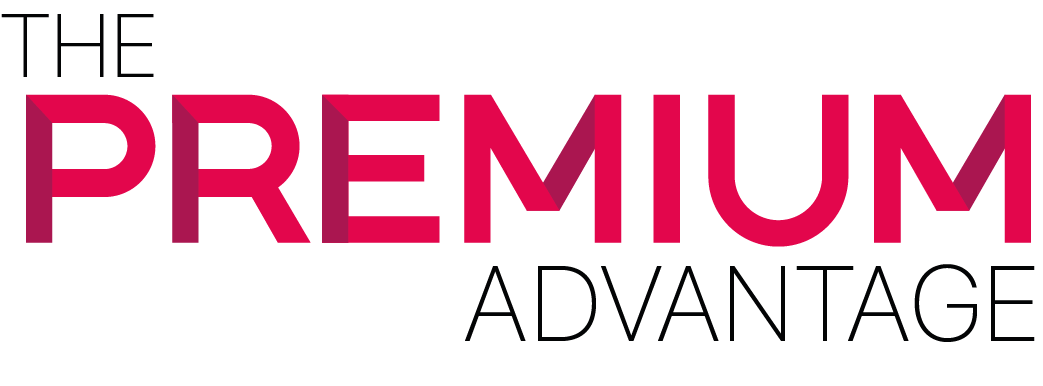Knowing your credit score is important if you plan on purchasing a new car or home. It is just as important to know what your credit history and score tells companies you are applying to. Here is how it works, Equifax, Experian and Transunion, the three major credit bureaus collect information on how you borrow and make payments. Credit bureaus add these habits to your credit history and designate you a credit score that determines your risk to creditors. The information given to creditors will help determine whether you qualify for financing and receive the lowest rate.
Your credit score is calculated differently between the credit bureaus but is based on the following:
- 35% payment history builds your credit with bills paid on time always
- using 30% or less of your available credit is recommended
- 15% length of credit history showing you use your credit responsibly
- 10% credit mix such as loans and revolving credit as it can be borrowed again after repayment
- 10% new credit and only opening new accounts as needed to help build your credit not hurt it
Before applying for a loan or credit card request a free copy of your credit report and review it. Your credit report will outline all open accounts, what you have borrowed and paid along with any history of late payments. Normally, your credit score does not appear on your credit report but can be added by paying an additional fee. Many lenders rely on your credit history as a tool to determine how likely you will repay your loan and on time using the credit bureaus credit-scoring system. The system ranges from 350 to 850, with a client’s credit score of 350 they are considered a poor credit risk whereas a client reaching 850 is an excellent credit risk.
Tips to Improve Your Credit Score
- Always pay your bills on time. If you have missed payments, get up to date and stay current as delinquent payments have negative impact on your score.
- Meet the minimum monthly payments if you cannot pay off the balance on your credit card. Paying the minimum amount consistently and on time will improve your credit score.
- Avoid exceeding your credit limit on credit cards. Creditors can see you being irresponsible with money and can deny you a loan or credit card.
- Close recently opened accounts as these may seem as a risk for you to overspend. Keep your oldest accounts open to shoe your credit history. If you want to close account do so with the ones with annual fees and higher interest rates.
